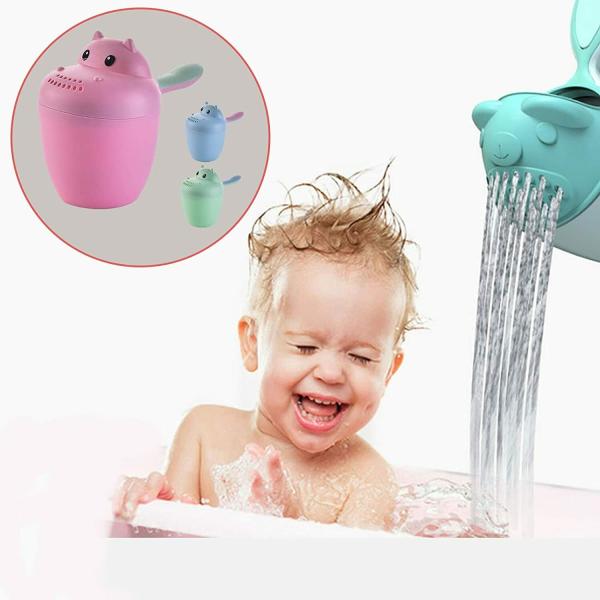Summer is a season of warmth, sunshine, and outdoor activities.
However, it can also be a challenging time for parents, as they need to be extra careful about what their children eat and drink to keep them hydrated and healthy.
In this article, we will discuss what should and what should not be eaten by children in summer and how much water they should drink during the day to stay hydrated.
What should be eaten by children in summer?
Fruits:
Fruits are an excellent source of vitamins, minerals, and antioxidants.
Encourage your children to eat a variety of seasonal fruits like watermelon, muskmelon, mangoes, and papayas.
These fruits are high in water content and can help keep your children hydrated.
Vegetables:
Vegetables are also rich in vitamins and minerals and can provide essential nutrients to your children.
Add plenty of green leafy vegetables like spinach, kale, and lettuce to their diet.
You can also include vegetables like cucumbers, tomatoes, and bell peppers, which are high in water content.
Yogurt:
Yogurt is an excellent source of protein and calcium and can also help keep your children cool during summers.
You can serve them yogurt as a snack or make smoothies with fruits and yogurt.
Coconut water:
Coconut water is a natural electrolyte and can help replenish the lost fluids and minerals from your child’s body during summers.
You can give them coconut water instead of packaged juices or sports drinks.
What should not be eaten by children in summer?
Junk food:
Junk food like chips, fried snacks, and candy should be avoided during summers. These foods are high in salt, sugar, and unhealthy fats and can lead to dehydration and weight gain.
Caffeine:
Caffeine in coffee, tea, and soda can act as a diuretic and cause dehydration. Avoid giving your children caffeinated beverages and opt for healthy alternatives like fresh fruit juice or coconut water.
How much water should children drink during the day to stay hydrated?
Children are more prone to dehydration than adults, especially during summers when they sweat more.
The amount of water children need depends on their age, weight, and activity level. However, a general rule of thumb is to offer them water every 30 minutes to an hour.
Here are some guidelines for water intake for children:
Infants under six months of age:
They need only breast milk or formula, and water is not required.
Children six months to one year:
They need 0.8 to 1.3 liters of fluids per day, including breast milk, formula, and water.
Children one to three years:
They need 1.3 to 1.7 liters of fluids per day, including water, milk, and fresh fruit juice.
Children four to eight years:
They need 1.7 to 2.4 liters of fluids per day, including water, milk, and fresh fruit juice.
Children nine to 13 years:
They need 2.4 to 3.3 liters of fluids per day, including water, milk, and fresh fruit juice.
In conclusion,
Summers can be a challenging time for parents, but by following these guidelines, you can ensure that your children stay hydrated and healthy.
Encourage them to eat a variety of fruits and vegetables and avoid junk food and caffeinated beverages.
Offer them water at regular intervals and keep them cool and well-hydrated during outdoor activities.
By following these simple tips, you can make sure that your children enjoy the summer season to the fullest.
![]()












